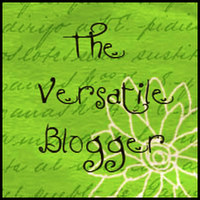
1) First of all, Dog, do you have a proper name or is your name actually just “Dog,” or is it your pen name?
Thanks for taking the time to talk to me! My proper name is Canis Lupus Familiaris. But author Ullom has a hard time remembering names period, much less something as distinguished as my full name. He also feels that if certain celebrities are satisfied with only one name, then one short name should be good enough for someone like me who eats out of a dish without utensils. By the way, if one of your readers wants to invent a utensil that someone without opposable thumbs can use, I would appreciate that.
2) Your breed is Dachshund, but some people call Dachshunds Wiener Dogs, which one do you prefer being called?
I prefer Dachshund. I am very proud of my German heritage, Ja? “Ich bin ein Berliner” and all that. In fact, I had proposed that the cover of the book should be a picture of me in my holiday lederhosen, but you know who nixed THAT idea. He doesn’t think I have the legs for it. I suspect that comment of his is another attempt at some humor at the expense of my short legs. I do, however, look quite fashionable.
3) In the book you share many afternoons with Steve sitting on the porch smoking cigars and drinking beer. This is a bit unusual for a dog. How did the smoking and the beer drinking get started, and which are your favorite cigars and beers?
Being German, you grow up drinking moderately at meals. So that’s how it started. It’s very normal, you know. The smoking started because I was a fan of Groucho Marx, who is a fan of cigars. I don’t have his eyebrows. In fact, I am waggling my eyebrows at you right now but getting no reaction. Anyhow, I thought I could smoke a cigar like him and it would help my comic delivery. By the way, Groucho once said, “Outside of a dog, a book is man's best friend.” So a book about dogs…why there is a two-for-one deal! My favorite cigars are free ones. My favorite beer is a Belgian Ale, along with a nice pretzel.
4) Let me put you in the hot seat Dog. In the book you take it as a given that cats act like they own the world, but don’t you feel the same way? Don’t you act like Steve’s life should revolve around you?
Didn’t Steve pay for the opportunity to have his life revolve around me when he put down some hard-earned coin for me as a puppy? At any rate, with a change in architectural styles and standards, his life wouldn’t HAVE to revolve around me. If he put the handle on the back porch door down a bit, I could open that door myself and he wouldn’t be so bothered to let me out “always in the last minute of a close sports game” as he puts it. And when you are my size, you try getting the attention of a clerk at the store. It doesn’t work. So he has to sort of help me out with buying things for me, food, cigars, a new pillow. The things you need to get by in life.
5) Related to the previous question, it has often been pointed out that “Dog” spelled backwards is “God.” Do you have a comment on that?
Anubis. The Egyptians, they had it right, didn’t they? Letting us walk around on our back feet with a cool cane and a bottom covering that makes kilts look like budget clothing, all while worshiping us as a god. Although, try to lift a leg sideways to relieve yourself while wearing one of those, and then not dribble on it. That’s a talent, I tell you.
6) In Steve’s book you wrote a spirited rebuttal section for the book. Do you have plans to write a full length book of your own? If so what would this book be about?
When I was a teenage pup, I wanted to write the great canine novel. But my interest lately has moved to screenwriting. I want to write something where Lassie stays in the house, maybe smoking a pipe and reading the evening newspaper, instead of running in and pretending to understand human speech while only barking about some ridiculous issue that Timmy got himself into again. Although, to be honest, I would also like to write a tale where a Dachshund and a Hobbit go off together on an adventure. I think they would have an affinity, based on their, uh, closeness to the ground.
7) Finally what about STEVE? Does he plan to publish any other books soon? If so do you think you will be one of the characters?
He is planning some stories that have a tendency towards the paranormal. Stories where things don’t quite die in the way that we normally think of as the correct sequence in that endeavor. There’s a story about “The Collector” that I like…about a visitor. Another story has a twist on who lives where…and just who is on the other side of the window at night. That one turns out to be a bit comedic. I shouldn’t give too much away, however. There are often dogs in them. I’m a little nervous about being a character in them, to be honest. I don’t know if he can correctly capture my heroic nature. However, one never knows what or who will show up.
Thank you very much, Dog, for agreeing to this interview. We hope we can see more of you in Steve's future books and maybe even a book of your very own. Also thank you very much Steve for allowing me to have Dog over here. We are looking forward to that book of paranormal stories you are planing to publish.
You can contact Dog by reaching Steve Ullmon at his website or following him on Twitter.
***
If you like this blog you can have links to each week's posts delivered to your e-mail address. Please click here.
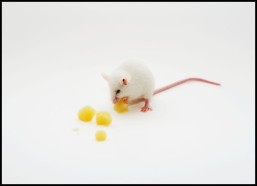



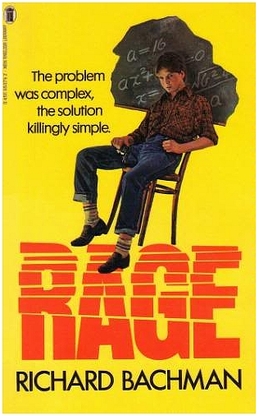
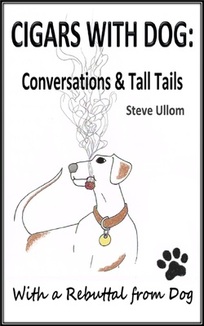
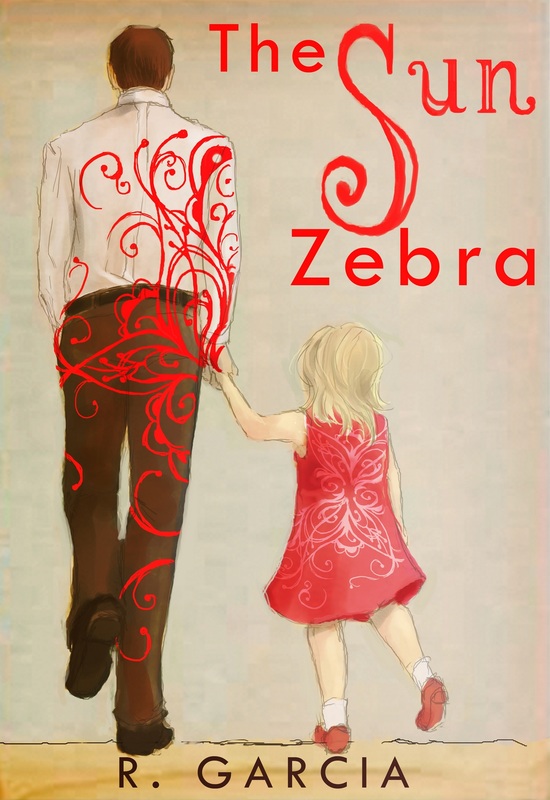

 RSS Feed
RSS Feed
